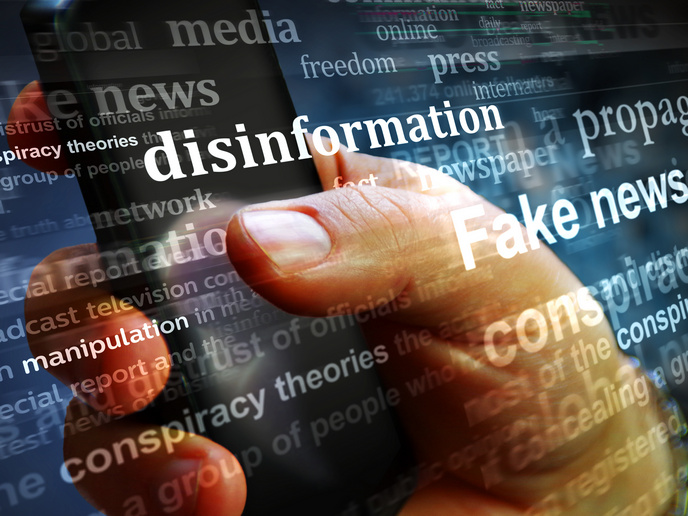Fake news: debunking it better with the Database of Known Fakes
Verifying online content can be a long and tiring process, and recent advances in AI have made it even easier to create and spread false and misleading texts, images and videos. Rushing to the rescue are tools that help journalists and fact-checkers verify such information, one of which is the Database of Known Fakes. Called DBKF for short, the database was developed as part of an earlier EU project called WeVerify. Now, it has been further enhanced under the EU-funded vera.ai project. The DBKF’s main purpose is to help professionals such as journalists, open-source intelligence investigators and human rights defenders save time and be more efficient in their fact-checking and debunking tasks. Has a claim, image or video already been debunked by trusted, IFCN-approved fact-checkers? Users can now easily verify this, and also see who did it, when and how it was done. “Leveraging text analysis, visual similarity and semantic technologies, DBKF provides powerful search functionalities (beyond a keyword search) and enables insights into disinformation campaigns,” reports a news item posted on the vera.ai website. Users can search using a key phrase, filter by language, fact-checking source, author, location and other concepts, and sort results by date or by relevance. Multilingual searches enable users to get results in seven languages all at once. Location or concept filters also make it easier to compare how mentions differ in the various languages, allowing for greater insight into disinformation differences across contexts or regions. The database’s main focus is on debunking EU sources. However, as the news item notes, it “also strives to cover fact-checking content across the globe (e.g. North America, Africa, Asia) to ensure a diversity of contexts and perspectives.” It is not only the above professionals who have access to the database. The DBKF is also available to the public, so researchers investigating how misinformation is spread or citizens wanting to check whether what they have watched or read is true also have access to this valuable tool. A video posted on the verai.ai YouTube channel provides details on how the database works.
Online training
The DBKF’s search functionalities have been integrated into the award-winning InVID-WeVerify plugin. An online training module has now been organised by the European Digital Media Observatory in collaboration with verai.ai and two other bodies to help users master the InVID-WeVerify verification toolbox. The training is open to all stakeholders fighting disinformation. Participants will learn how to use the advanced tools needed by fact-checkers, journalists and researchers fighting disinformation, and get insights on new features, such as the vera.ai (vera.ai: VERification Assisted by Artificial Intelligence) project’s synthetic media detector. Other benefits include access to the beta release. The online session will be held on 6 December 2023, from 16:00 to 17:30 CET. Applications close on 27 November at 17:00 CET (Florence time). Further editions of this training module will be repeated on a regular basis. For more information, please see: vera.ai project website
Keywords
vera.ai, Database of Known Fakes, fake news, disinformation, fact-checking, fact, fact-checker, verification, InVID-WeVerify plugin



